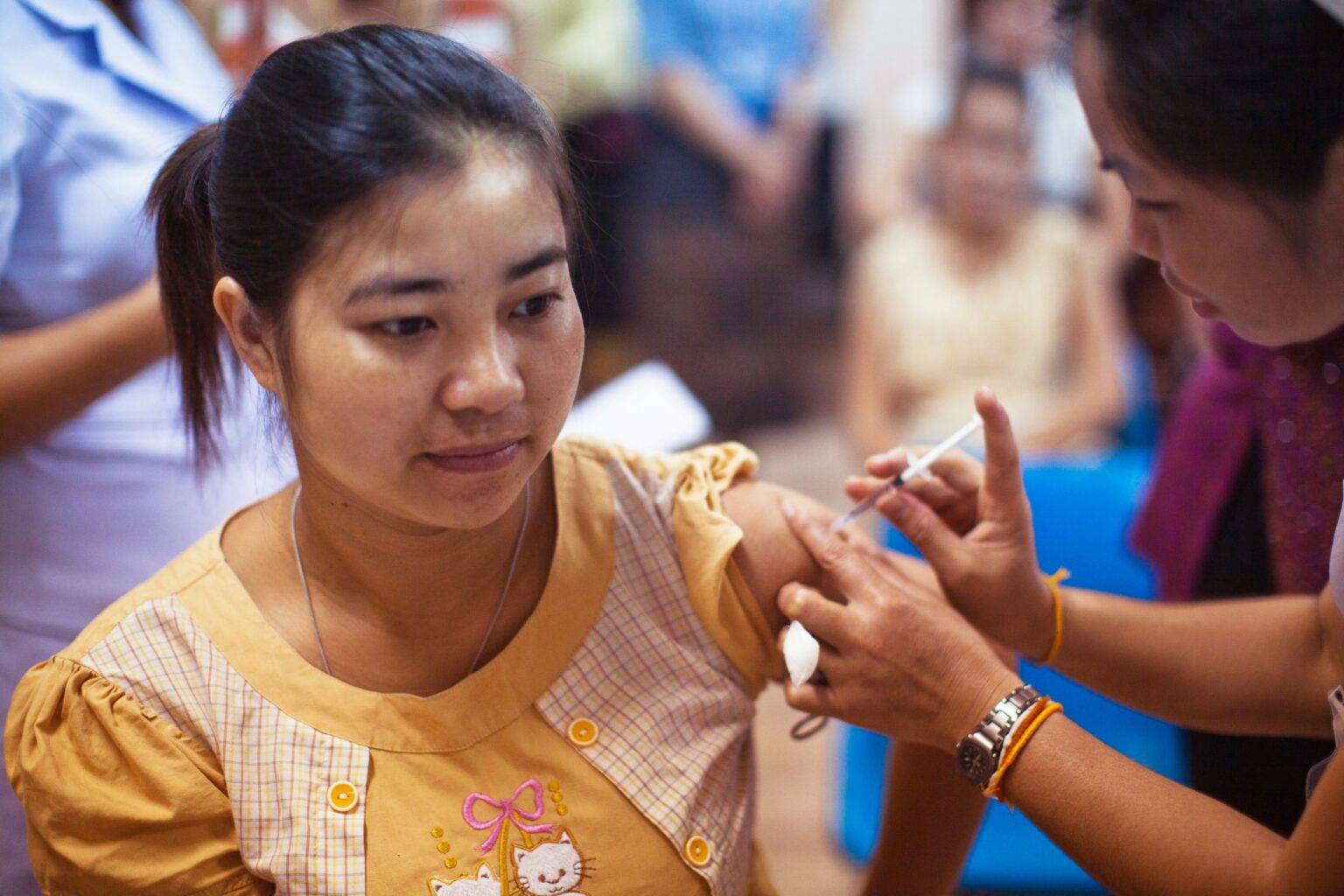
South Korea-based International Vaccine Institute (IVI) in collaboration with International Centre for Antimicrobial Resistance Solutions (ICARS) has announced a new project selected through the joint Request for Proposals (RFP) titled “Advancing Vaccine Uptake to Mitigate Antimicrobial Resistance (AMR) in Low- and Middle-Income Countries of South or South-East Asia.”
The initiative, led by the ASMPH (Ateneo School of Medicine and Public Health) Center for Research and Innovation (ACRI) and IQVIA Solutions Philippines, focuses on addressing the growing public health threat of antimicrobial resistance (AMR) in the Philippines by leveraging vaccine uptake.
The project aims to generate actionable, evidence-based strategies that integrate vaccination programmes with AMR control programmes, with an emphasis on data-driven approaches at national and sub-national levels. It will examine key pathogen-vaccine pairs, including Streptococcus pneumoniae, Haemophilus influenzae, and circulating influenza viruses, utilizing data from the Philippines’ Expanded Programme on Immunization (EPI) and the Antimicrobial Resistance Surveillance Programme (ARSP).
“Vaccines have long been recognised for their role in preventing disease, but their power to reduce antibiotic use is often overlooked,” said Dr Nandini Sreenivasan, Senior Science Advisor, ICARS. “By supporting this project, we aim to promote innovative, evidence-based approaches that place vaccines at the centre of AMR strategies in LMICs.”
AMR poses a significant challenge in the Philippines, where in 2019 alone, an estimated 15,700 deaths were directly attributable to AMR. Vaccines offer a dual benefit in this context: preventing infections and thereby reducing antibiotic use and directly targeting resistant bacteria.
“Strengthening vaccine uptake in LMICs is an essential step toward safeguarding global health security,” said Dr Laura Plant, Head of External Affairs at the European Regional Office of the International Vaccine Institute (IVI). “This collaboration with ICARS and our partners in the Philippines underscores the pivotal role of vaccines in a comprehensive AMR strategy.”




